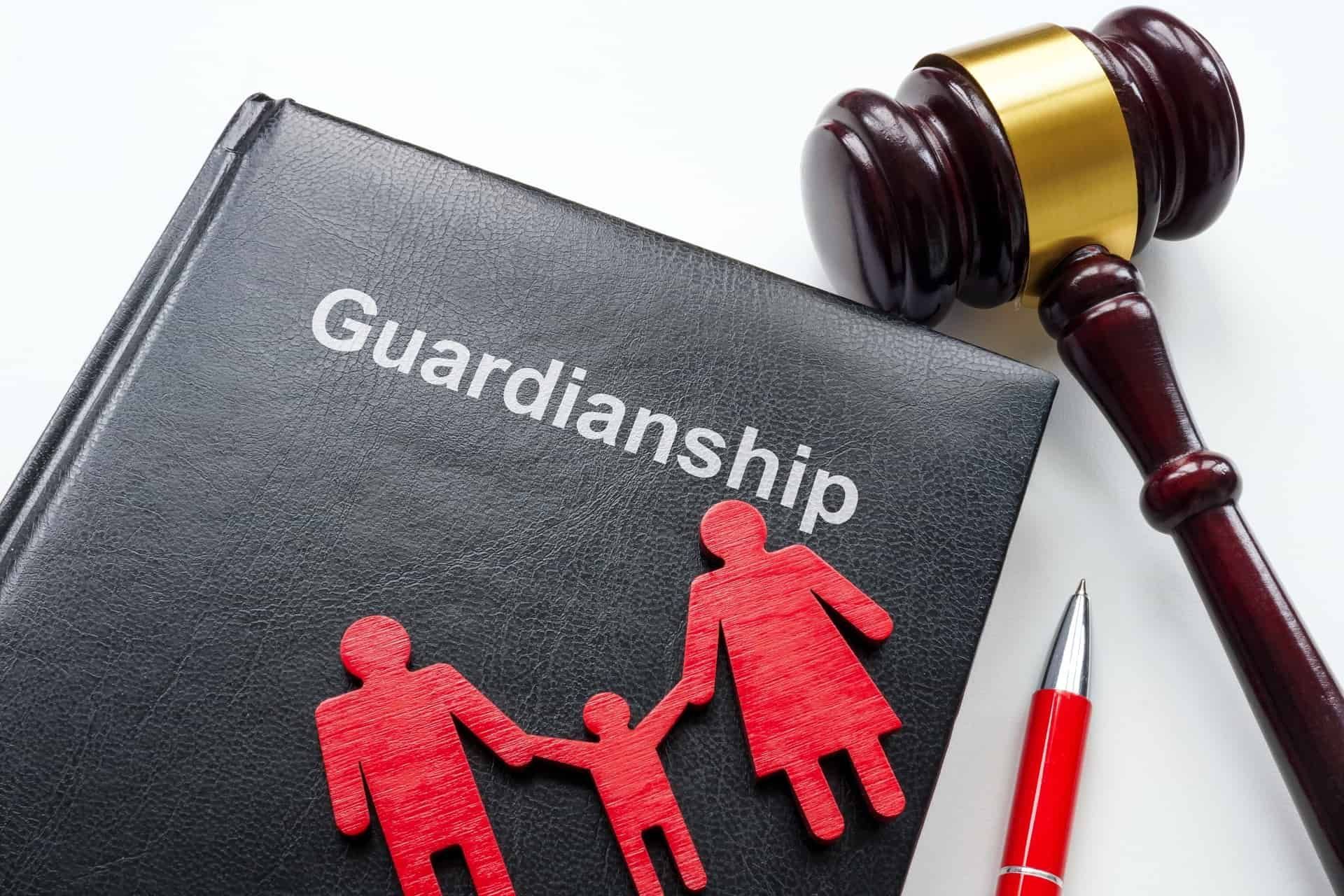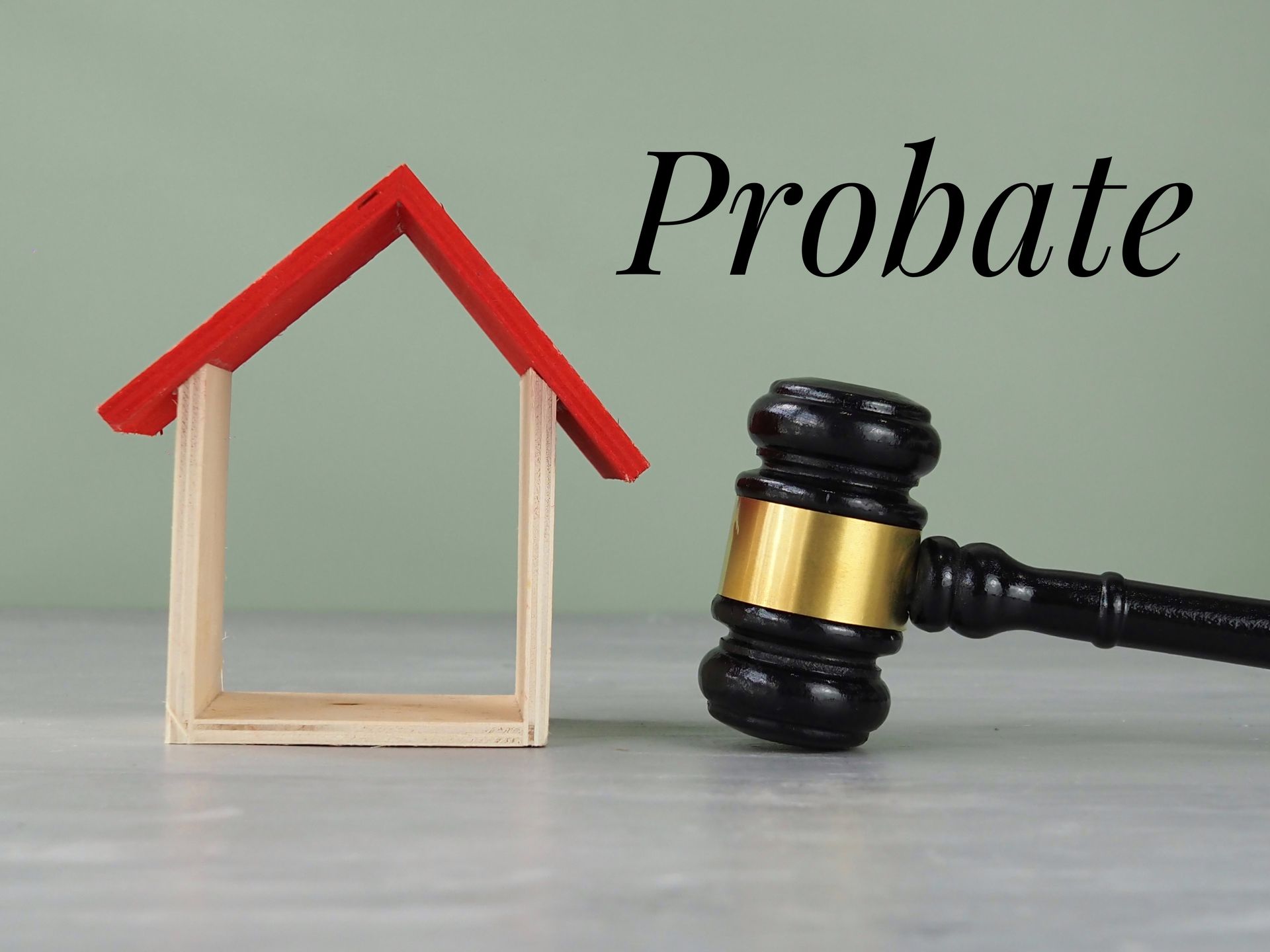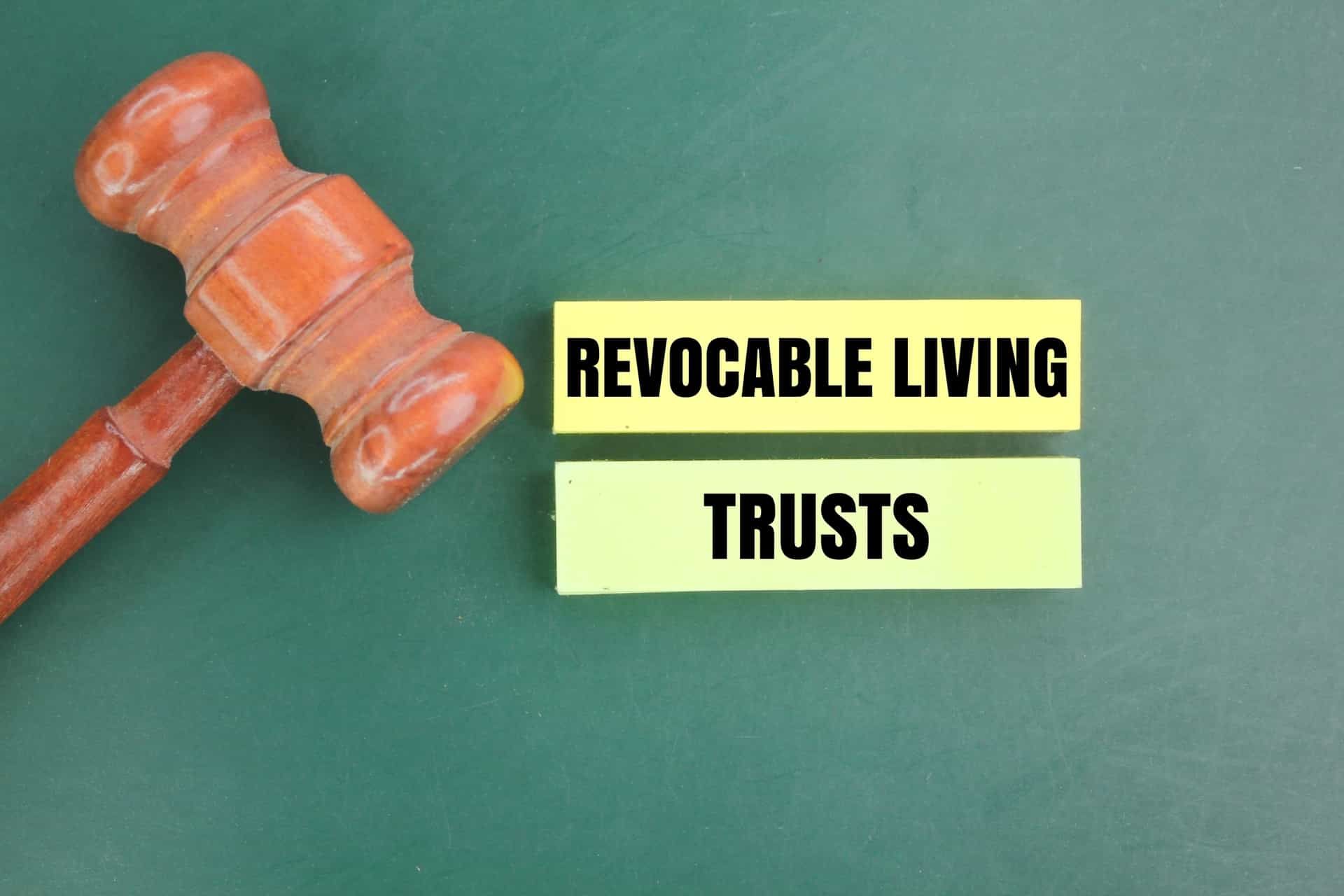How a Lack of Prosecution Can Result in Dismissal of Civil Cases
It’s no surprise that a lack of prosecution can have devastating effects on any civil case. But what exactly is “lack of prosecution,” and why does it matter so much?
If the plaintiff does not take action to continue the proceedings within a reasonable amount of time, it can result in the
lack of prosecution. The reason for this could be due to various factors, such as illness, financial difficulties, or lack of interest. However, this can lead to the dismissal of the case, which is undesired by both parties.
Today, we’ll explore how a lack of prosecution can lead to dismissal of civil cases and how important it is to stay on top of proceedings if you’re involved in a civil case.
Causes of Lack of Prosecution
There are several different reasons why plaintiffs and defendants can both fail to prosecute their cases. When it comes to plaintiffs, a lack of resources or interest may be the culprit.
Perhaps they’ve already invested too much in the case and don’t see any reason to continue with it, or they simply don’t have the time or money anymore to pursue it.
On the defendant’s side, they might not have received proper notice from the plaintiff or their attorney and this could result in them missing a deadline or two.
Consequences of Dismissal Due to Lack of Prosecution
The consequences of a lack of prosecution can include prejudice to the defendant, waiver of the plaintiff’s claims, and dismissal with or without prejudice. Prejudice to the defendant can occur if they are found guilty despite having a valid defense, which could have been used during proceedings had they continued.
Waiver of the plaintiff’s claim means that any rights or remedies they were hoping to obtain through the civil case would no longer be available. Dismissal with or without prejudice refers to whether or not either party can refile the case at a later date, if applicable.
Effects on the Court System
A lack of prosecution can have serious effects on the court system as well. Because cases that have been dismissed due to lack of prosecution cannot be refiled, the court system is deprived of a potentially valuable outcome. In addition, resources that could have been used to reach a conclusion in the case are instead wasted because of the lack of prosecution.
It’s clear that a lack of prosecution can result in serious consequences for both parties involved and the court system as a whole. Being aware of how lack of prosecution can affect civil cases is crucial if you’re involved in one, so make sure to stay informed and up-to-date with any proceedings.
Preventing Lack of Prosecution
Fortunately, there are a few legal remedies that both plaintiffs and defendants can use to prevent lack of prosecution. To start, communication between attorneys and their clients needs to stay open throughout the case so that any issues can be addressed quickly. Furthermore, strategies such as filing for extensions or seeking out alternative solutions may be beneficial in avoiding dismissal due to lack of prosecution.
Lastly, it’s important to be mindful of deadlines and any other requirements that need to be met in order for your case to proceed as intended. By following these steps, you can help ensure that your civil case doesn’t suffer from a lack of prosecution and reach its desired outcome.
Ethical Considerations for Attorneys
It’s also important to remember that attorneys have a duty to prosecute their client’s case. That means they should be actively pursuing the issue, ensuring deadlines are met, and any necessary documents or evidence are presented in court.
If the attorney doesn’t follow through, the client could face severe consequences. The court may even take action against the attorney if they’re found guilty of not fulfilling their ethical obligations.
Ultimately, a lack of prosecution can result in dismissal of civil cases and have serious implications for all parties involved. Attorneys need to stay aware of the consequences that come with neglecting their duty to prosecute their client’s case and do everything possible to ensure it is carried out properly. By doing so, they can help protect themselves and their clients from any potential issues that could arise.
So if you’re involved in a civil case, make sure to keep these points in mind. Being aware of the effects of a lack of prosecution can help ensure your case doesn’t suffer the same fate and reach its desired outcome.
The Impact of Technology on Prosecution
Technology has had a significant impact on modern law practice, as it has made many aspects of legal proceedings more efficient and streamlined. From elec1tronic filing systems to virtual courtrooms, technology has changed the way attorneys do their jobs.
However, there are also some risks associated with relying too heavily on technology for prosecution purposes. For example, if there are any technical difficulties or errors, a case could potentially be dismissed due to lack of prosecution. This means that any time technology is used, attorneys need to make sure everything is running smoothly and all relevant information has been presented.
Overall, modern technology has made many
aspects of law practice more efficient and convenient. But it’s important to understand the potential risks that come with relying on these systems for prosecution purposes so you don’t end up with a dismissed civil case.
Call Doane & Doane Today
If you’re involved in a civil case that is lacking in prosecution, it may be time to call Doane & Doane. Civil cases are often dismissed for lack of prosecution, and the experts at
Doane & Doane can help you understand why this might have happened and how you can best move forward.
With years of experience as business litigation attorneys, they have a deep understanding of the civil court system and are dedicated to helping their clients get the justice they deserve. Don’t wait; call Doane & Doane today at 561-656-0200. We will be happy to review your case and discuss the best solution for you.
The information in this blog post is for reference only and not legal advice. As such, you should not decide whether to contact a lawyer based on the information in this blog post. Moreover, there is no lawyer-client relationship resulting from this blog post, nor should any such relationship be implied. If you need legal counsel, please consult a lawyer licensed to practice in your jurisdiction.
Disclaimer: The information on this website and blog is for general informational purposes only and is not professional advice. We make no guarantees of accuracy or completeness. We disclaim all liability for errors, omissions, or reliance on this content. Always consult a qualified professional for specific guidance.
RECENT POSTS






